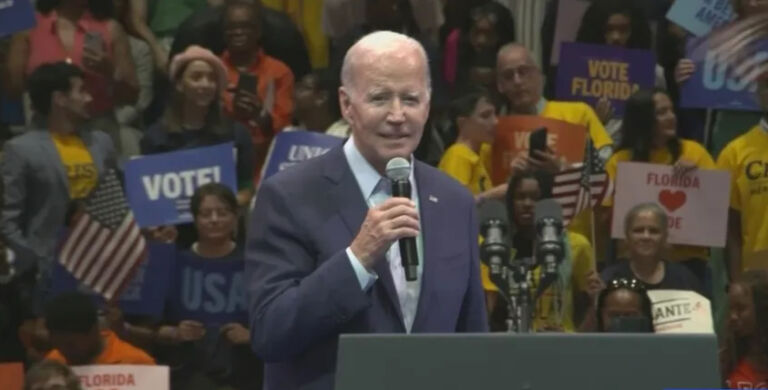Editors at National Review Online pin Republicans’ U.S. Senate loss in Georgia on the 45th president.
Herschel Walker’s defeat in Tuesday’s Senate runoff in Georgia was as predictable as it was avoidable. Even before the 2022 election cycle got under way, smart observers of Georgia politics predicted the following: If the former Georgia football star ran for Senate, he would be unbeatable in the Republican primary, but would have a tough time in the general election given his enormous personal baggage and thin grasp of politics and policy. Nonetheless, Donald Trump recruited Walker into the race because he was a celebrity who was loyal to him. Most Republicans went along, either banking on Walker’s celebrity or considering it futile to fight him. And last night, as Walker lost a runoff to progressive Democrat Raphael Warnock in an otherwise red state, we got yet another reminder of how destructive it would be for the Republican Party to tie its future to Trump.
As most readers will recall, in the 2020 election, Trump lost Georgia in the presidential election, but Republicans still had a chance to retain the Senate were they to hold onto just one of the two Senate seats that were going to a runoff. This should have been an easy task, considering that David Perdue had beaten Jon Ossoff by nearly two points in the general election, coming just about three-tenths of a point away from avoiding a runoff. Instead of uniting the party with the goal of retaining the Senate and providing Republicans with a veto over President Biden’s radical agenda, Trump spent the crucial period before the runoff election perpetuating fantasies that the election was stolen, insisting that Georgia voting was rigged, and attacking fellow Republicans led by Governor Brian Kemp and Secretary of State Brad Raffensperger in an effort to pressure them into trying to overturn the will of the voters. It isn’t surprising that Republicans lost both Senate seats amid depressed Republican turnout, and Democrats gained narrow control of the Senate. The destructive real-world consequences of this became quickly clear when Democrats passed an inflationary $1.9 trillion spending plan shortly after Biden took office.


